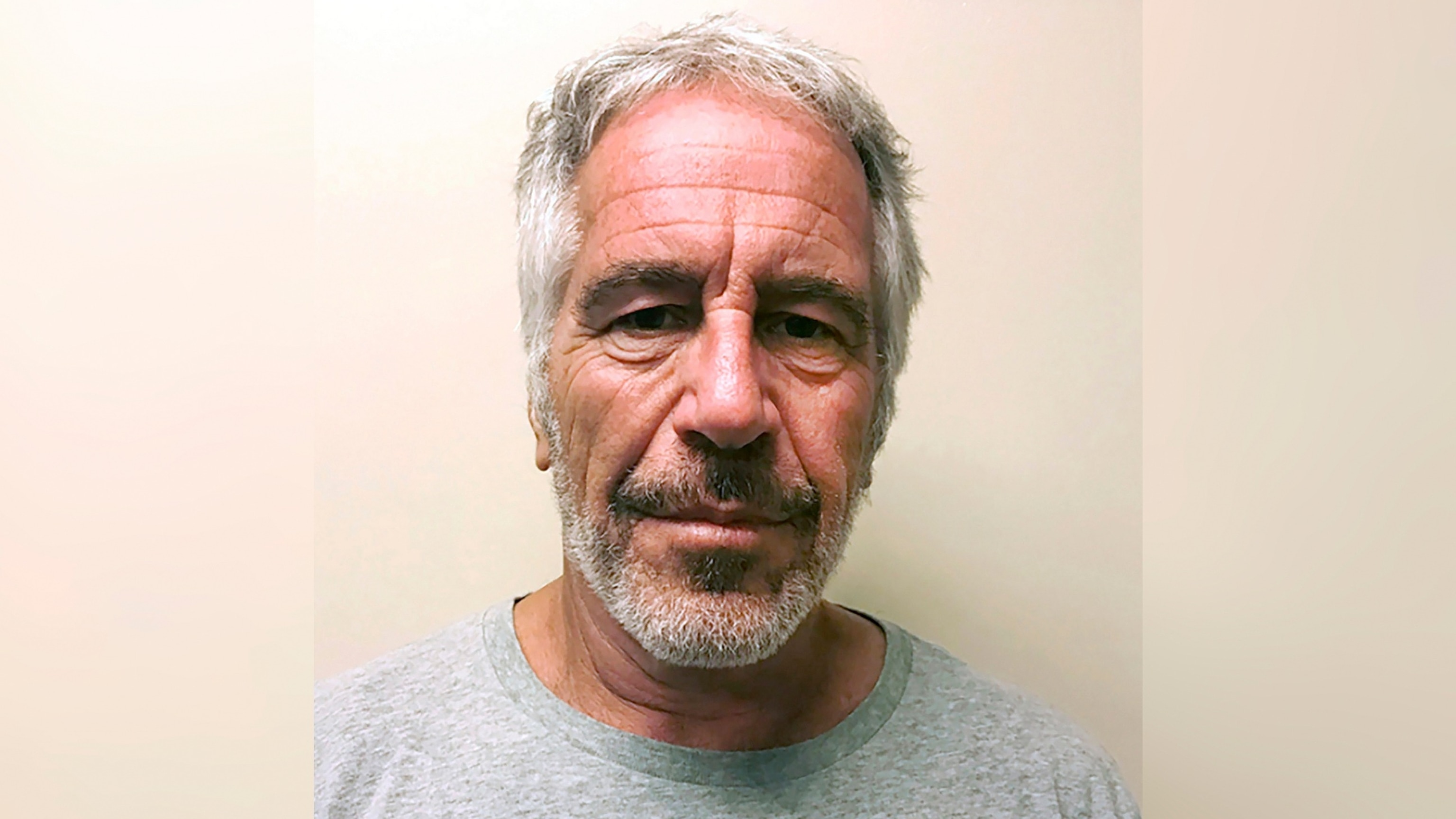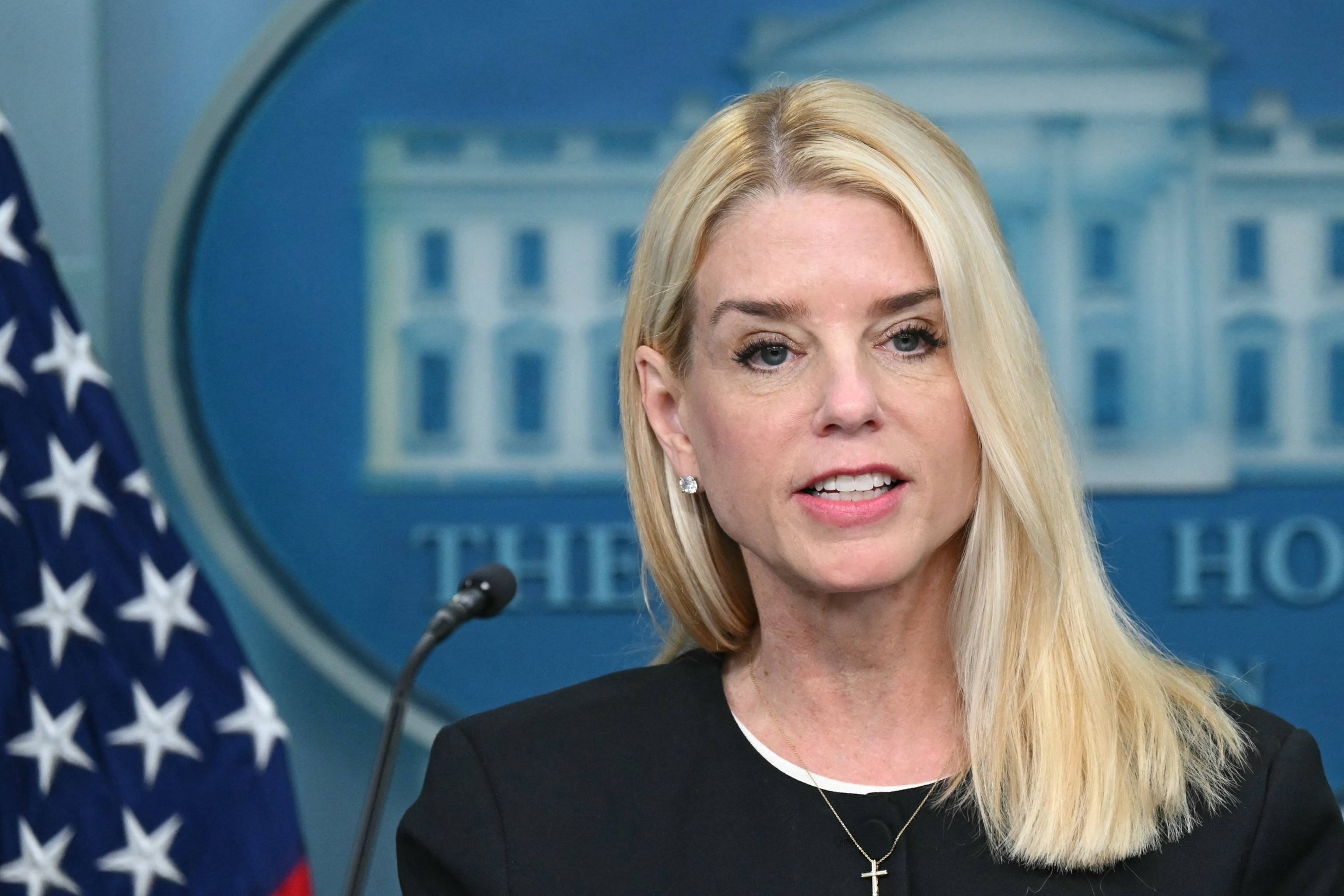A federal judge in Florida denied a Justice Department request to unseal grand jury records tied to federal investigations into Epstein, according to a public order released Wednesday.
The request is one of three made by the Justice Department to judges in New York and Florida seeking to unseal records from federal investigations into Epstein.

This photo provided by the New York State Sex Offender Registry shows Jeffrey Epstein, March 28, 2017.
New York State Sex Offender Registry via AP
According to the order by District Judge Robin Rosenberg, the records the department sought to unseal related to grand juries convened in West Palm Beach in 2005 and 2007 that had investigated Epstein.
Judge Rosenberg faulted the Justice Department for failing to outline sufficient arguments to justify the unsealing of the records, which are normally protected under strict secrecy rules.
Rosenberg’s opinion states her “hands are tied” given existing precedent in the Eleventh Circuit Court of Appeals which only permits the disclosure of such grand jury materials under narrow exceptions.
She further denied a request to transfer the issue into the jurisdiction of the Southern District of New York, where two judges are separately mulling over similar motions from the department seeking to unseal grand jury records tied to Epstein and his longtime associate Ghislaine Maxwell.
A Justice Department spokesperson did not immediately respond to a request for comment on the order.
Meanwhile, a federal judge in New York denied Ghislaine Maxwell’s request to review grand jury testimony related to Epstein.
“It is black-letter law that defendants generally are not entitled to access to grand jury materials,” U.S. District Judge Paul Engelmayer wrote.

Attorney General Pam Bondi speaks during a news conference with President Donald Trump in the Brady Briefing Room of the White House, June 27, 2025, in Washington.
Andrew Caballero-Reynolds/AFP via Getty Images, Files
Maxwell’s lawyers requested access to the sensitive grand jury records to determine if Maxwell would take a position on the records’ release.
Judge Engelmayer wrote that there is no “compelling necessity” for Maxwell to review the records. An objection from Maxwell into unsealing the records could further complicate the process of potentially releasing the records.
“She has not shown, or attempted to show, that the grand jury materials in her case are apt to reveal any deficiency in the proceedings leading to her indictment,” he wrote.
Judge Engelmayer noted that he plans to “expeditiously” review the transcripts himself and would consider providing an excerpt or synopsis to Maxwell’s lawyers.






